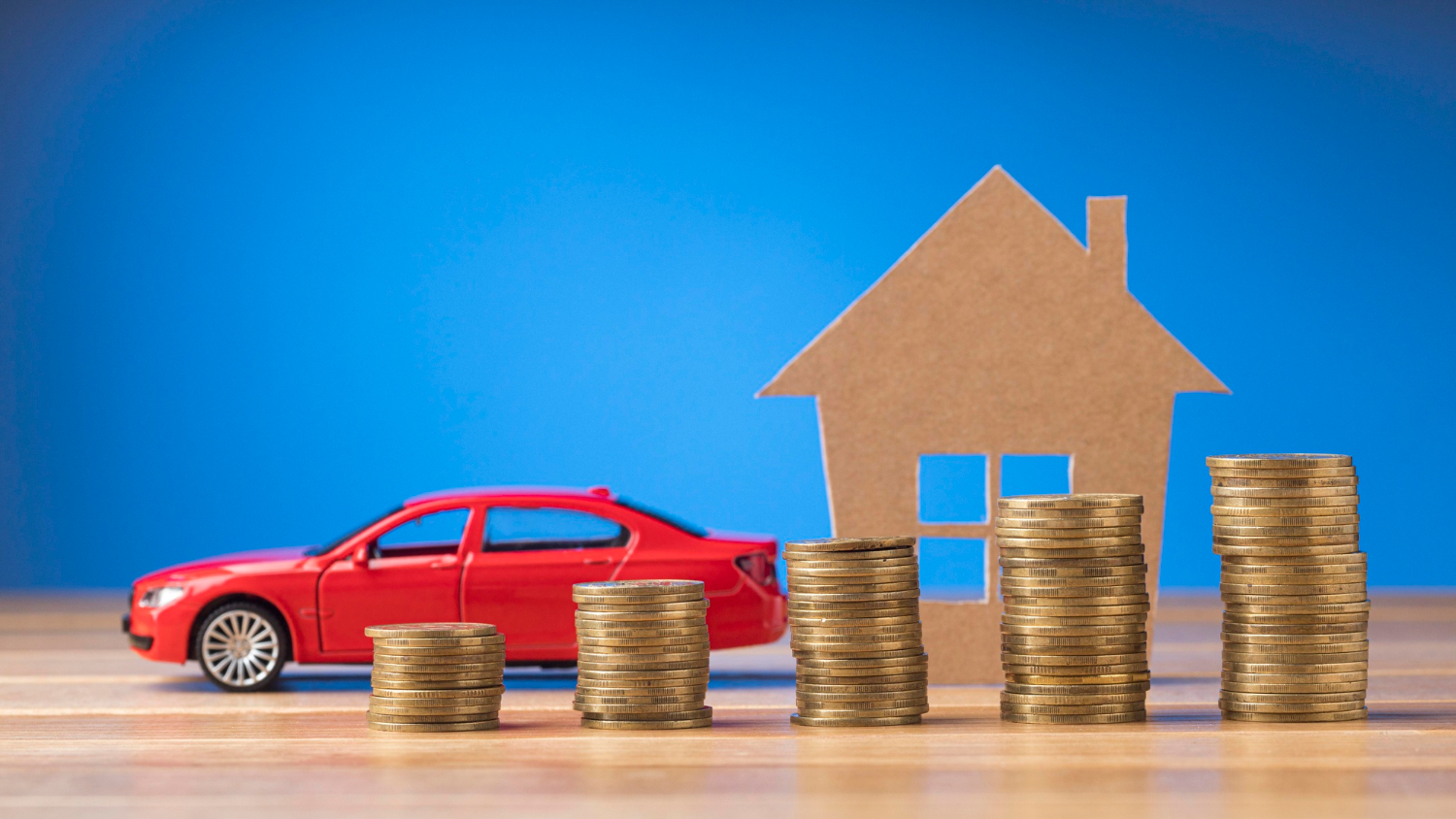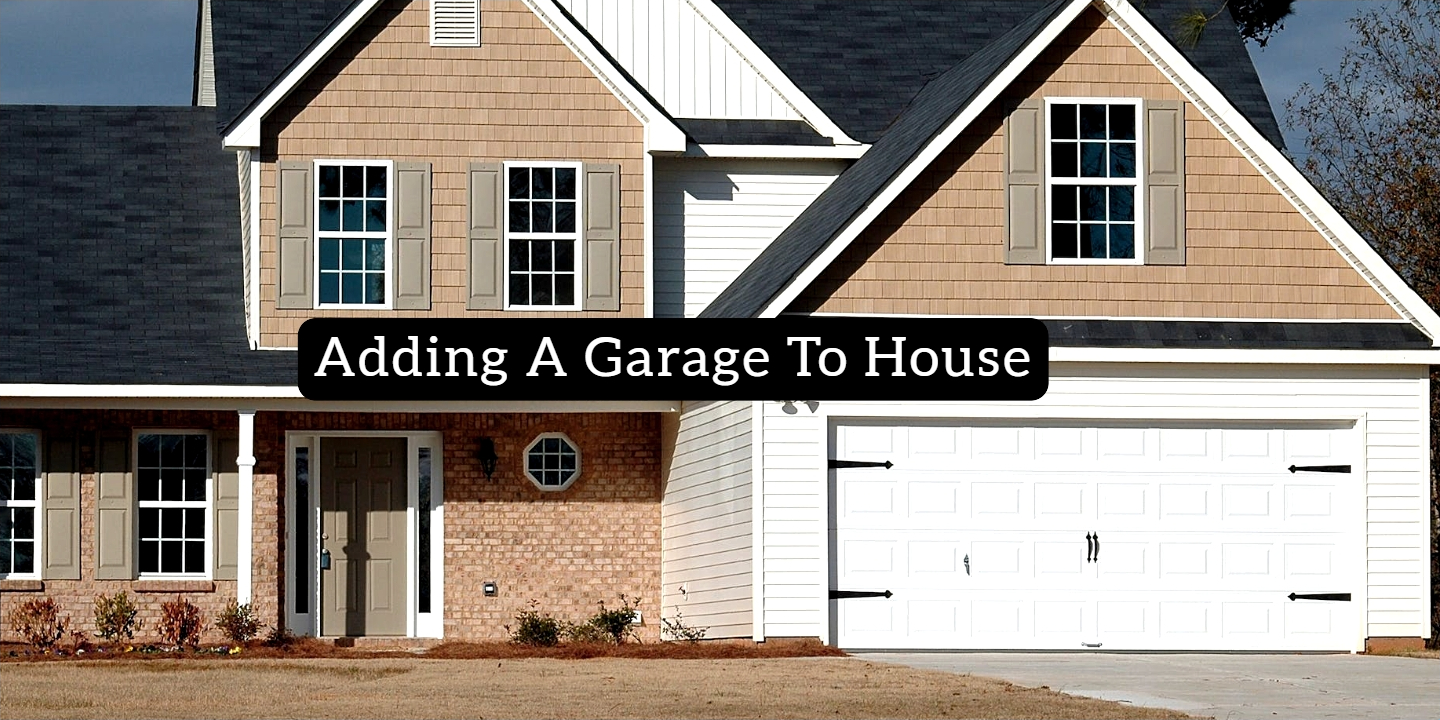A garage has many uses beyond just parking your car. This adaptable space can significantly improve the practicality and overall worth of your residence.
Today, we’ll be discussing the steps involved in adding a garage to your house. By exploring the perks of having one, we hope to help you determine if it’s the right addition to your home.
Certainly, we’ll delve into the financial aspects as well. To make a well-informed decision that aligns with your needs, it’s crucial to consider all the aspects before embarking on a project. Let’s get into it!
Can you add a garage to an existing home?
A garage is a valuable addition to any home, there’s no doubt about that. If your current one is too small or doesn’t even exist, you may be wondering if you can add one. The good news is that, in many cases, it is possible and more than manageable.
Types of Garage Additions
In the realm of garage additions, there exist two primary categories: attached and detached. The first one seamlessly integrates into the architectural fabric of your home, while the detached one stands as an independent structure on your property.
- The attached ones are the most common choice for homeowners because they provide easy access to your home and blend seamlessly with the existing structure. However, it can be challenging to incorporate one into your home, ensuring it harmonizes with the existing architectural style.
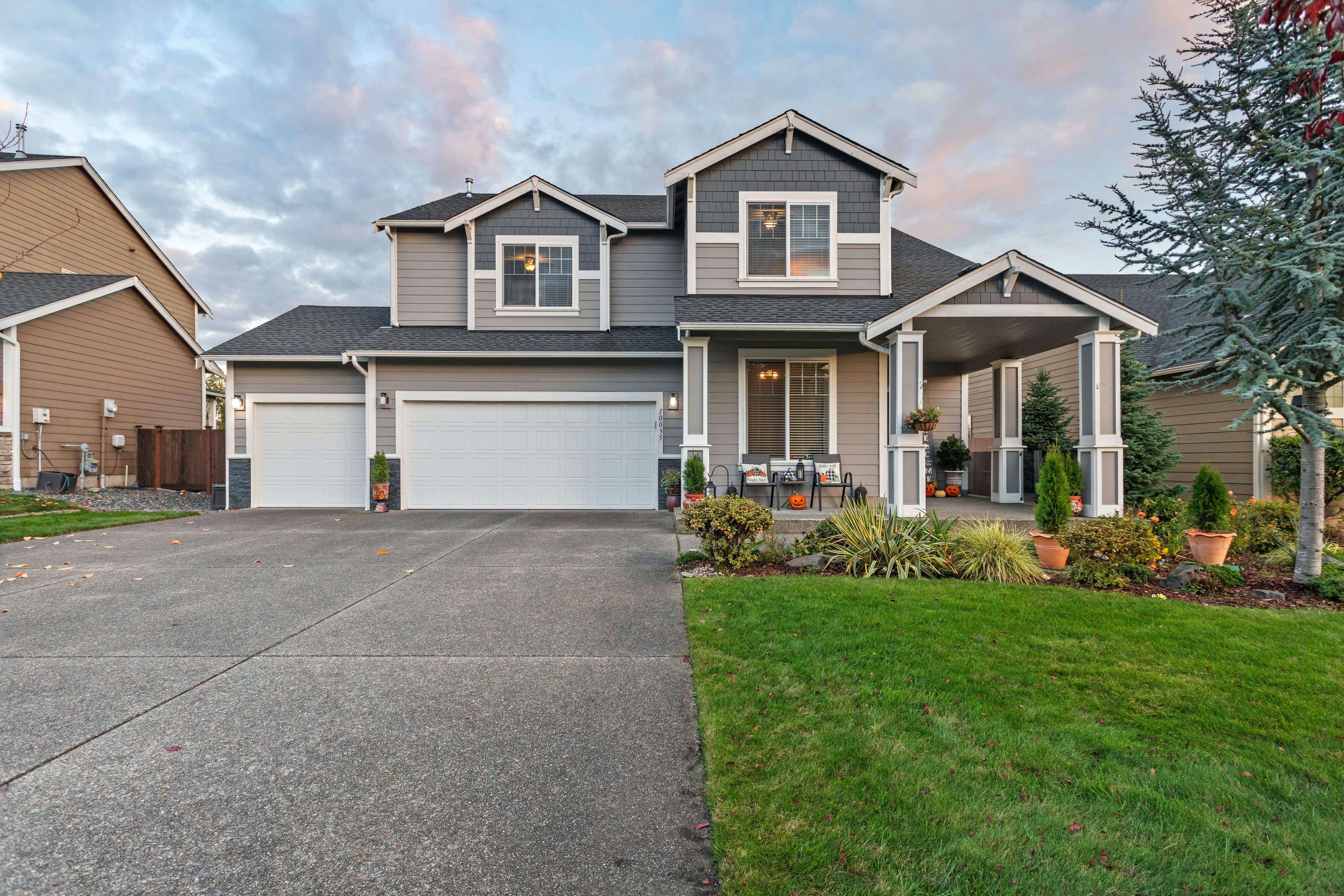
- Detached ones are easier to add, as they don’t require as much structural work. However, they can be less convenient, as you will need to go outside to access your car.
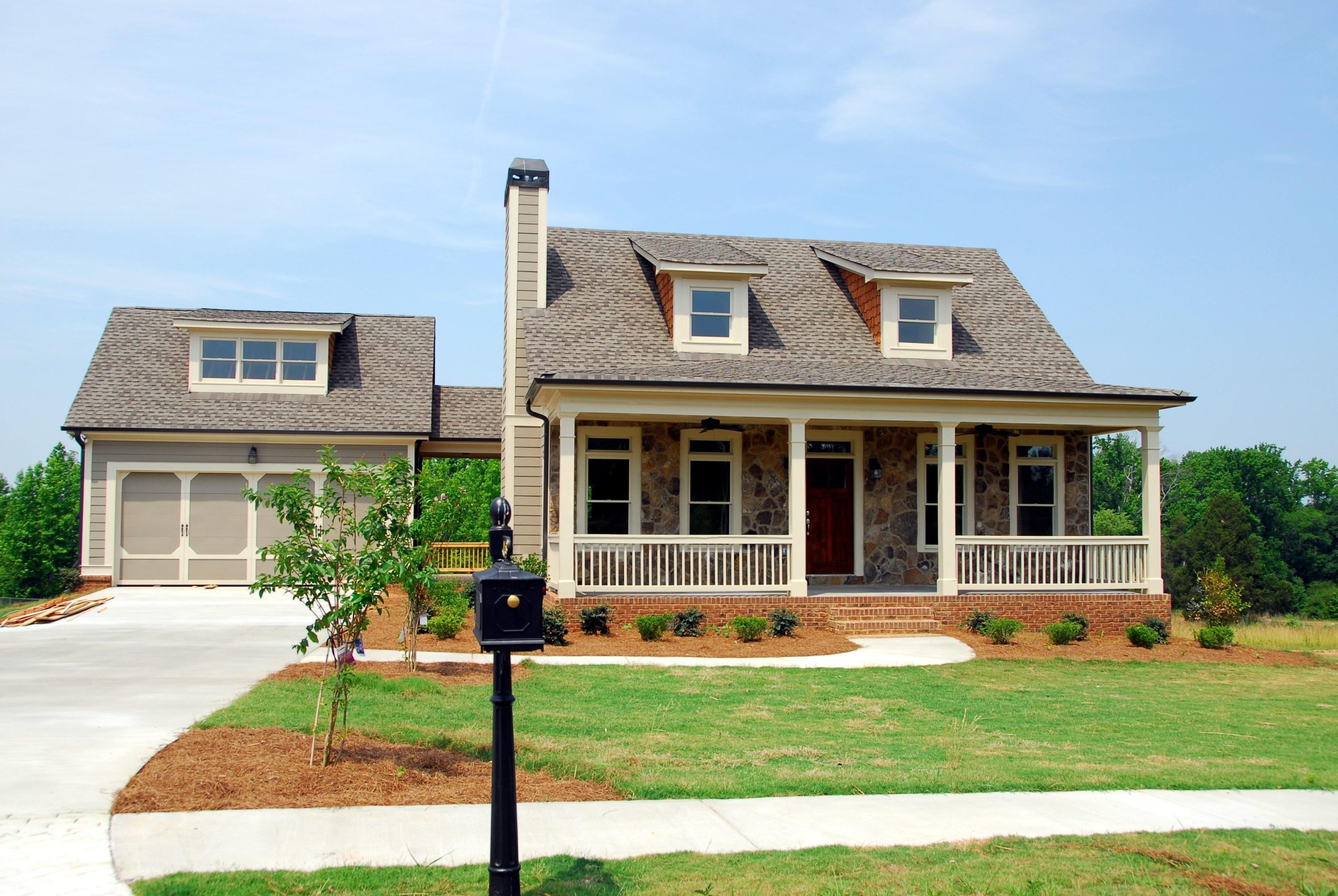
You may also like: Attached Garage vs Detached Garage (Value, Comparisons)
Considerations Before Adding a Garage
Before you take the plunge, it’s important to carefully consider a few key factors.
- Space: It’s vital to assess the available space on your property, ensuring adequate room for the garage itself, the driveway, and any landscaping elements.
- Zoning regulations: It’s crucial to check your local zoning regulations to ensure it aligns with the permitted building codes. In some cases, you may also need to obtain a building permit from the relevant authorities.
- Budget: It can be a significant buy. Be sure to factor in the cost of materials, labor, and permits when budgeting for the project.
What are the benefits of a garage?
Adding a garage gives a multitude of perks, from practical storage solutions to enhanced home value. Here are some compelling reasons to consider this project:
1. Enhanced Storage Solutions
A garage is a treasure trove of storage possibilities. Whether you’re seeking a place to stash seasonal items, bulky equipment, or overflow from your living spaces, a garage can provide the much-needed space you need. Imagine neatly systematizing your gardening tools, recreational equipment, and rarely-used belongings, freeing up space.
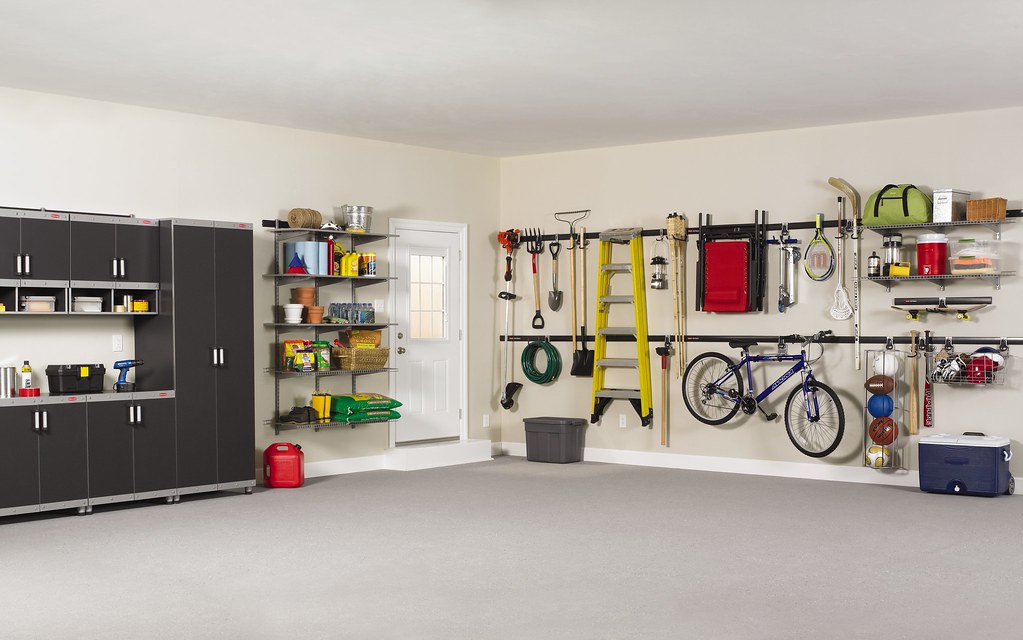
2. Vehicle Protection
A garage is a safe haven for your vehicle, protecting it from the elements like rain, snow, and extreme temperatures. By preserving your car out of the elements, you can extend its lifespan, downsize upkeep costs, and maintain its resale value. It can also act as a shield against potential dents or scratches, keeping your vehicle looking its best.
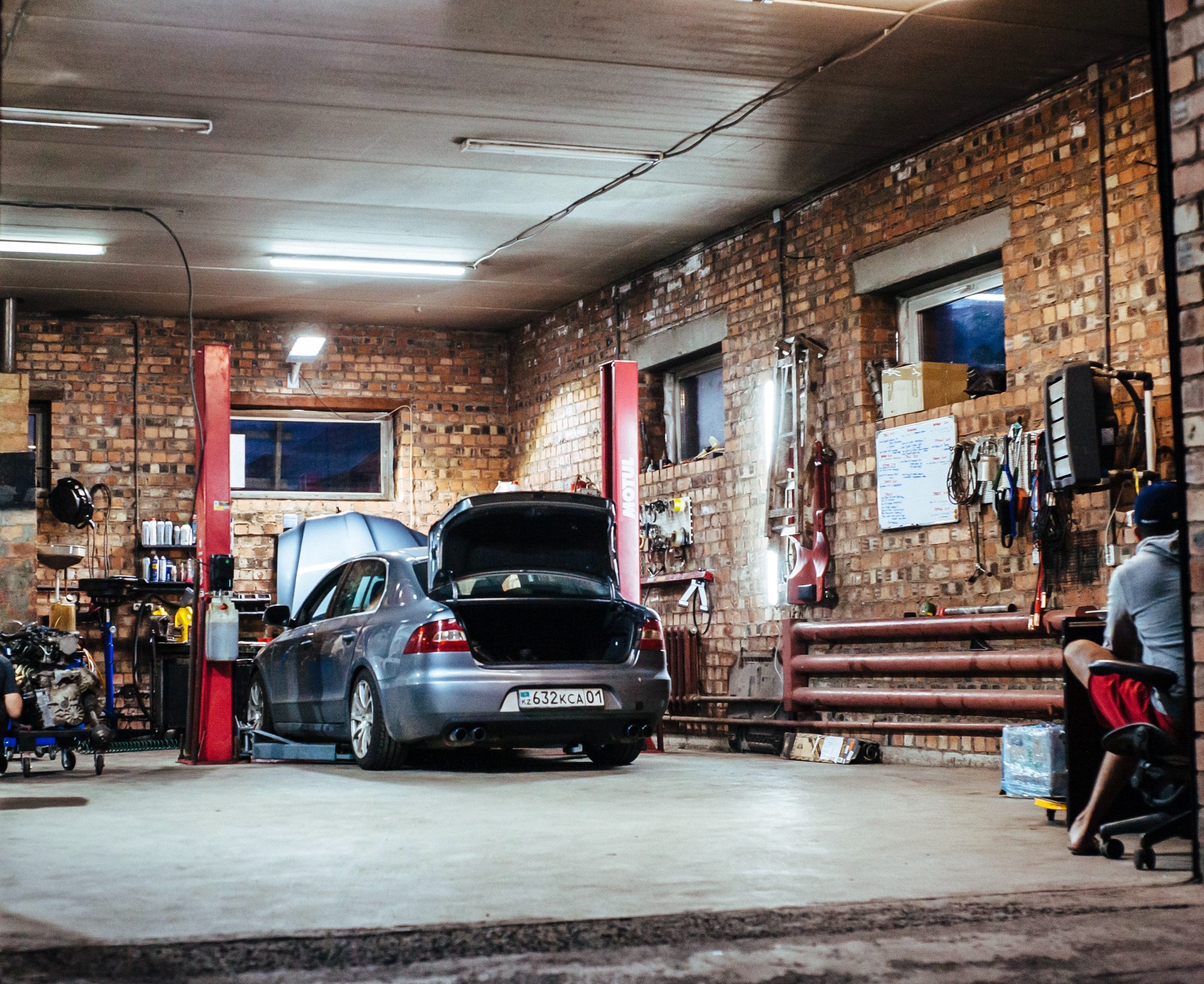
3. Increased Home Value
A garage is a highly desirable thing for homebuyers. Studies have shown that it can boost the resale value of your home by up to 30%. Also, this makes it a worthwhile investment that pays off in the long run.
4. DIY Haven and Hobby Center
A designated workspace for DIY projects fosters efficiency and boosts the overall experience. A garage is a well-lit workspace, ideal for tackling even the most challenging projects.
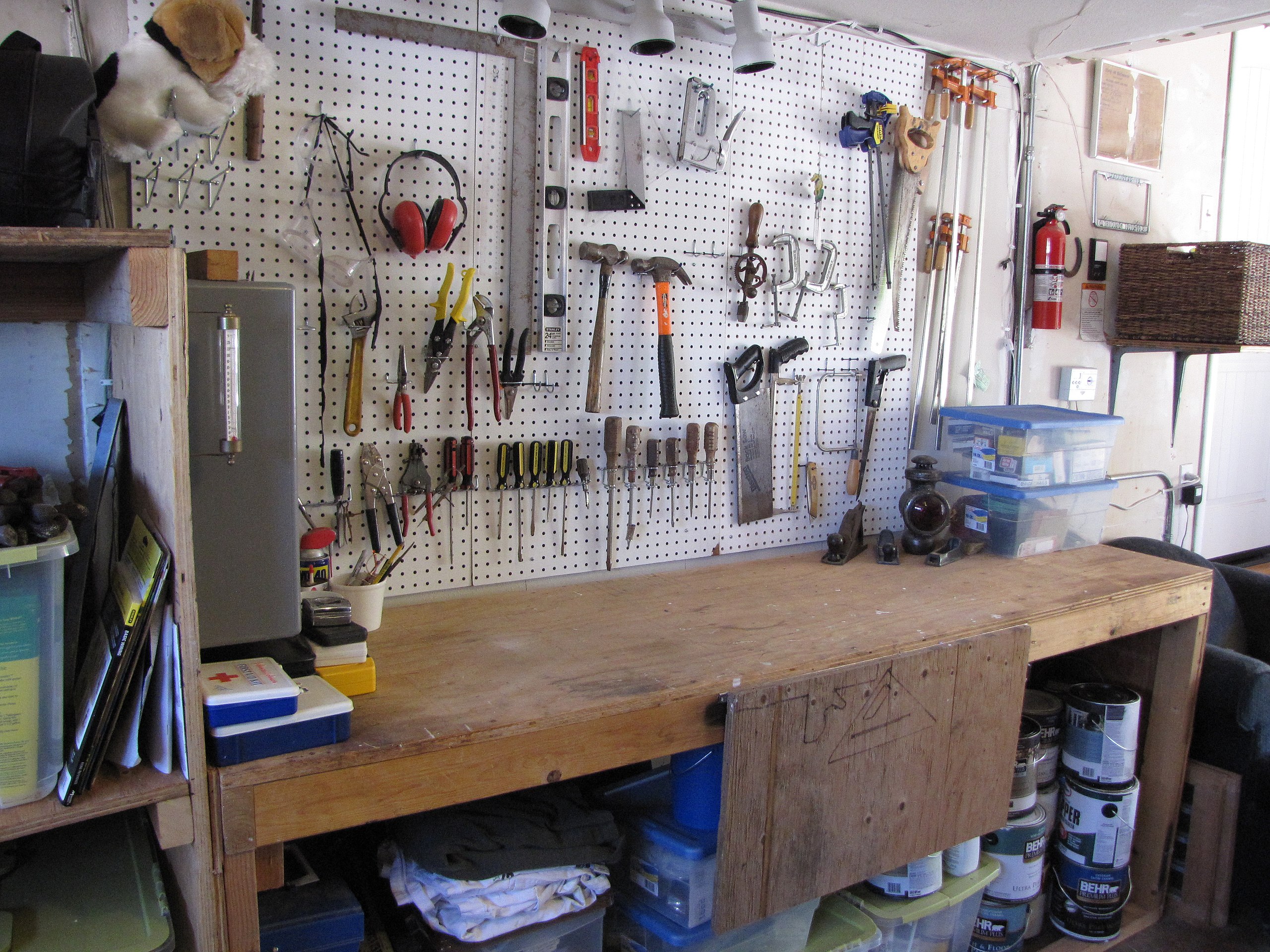
Have a look at: 15 Great Garage Extension Ideas
5. Multipurpose Space for Additional Living Quarters
Don’t limit it to a parking area. With a bit of creativity, you can turn it into a gym, a game room, or even an office. Besides, it can provide useful living space if needed.
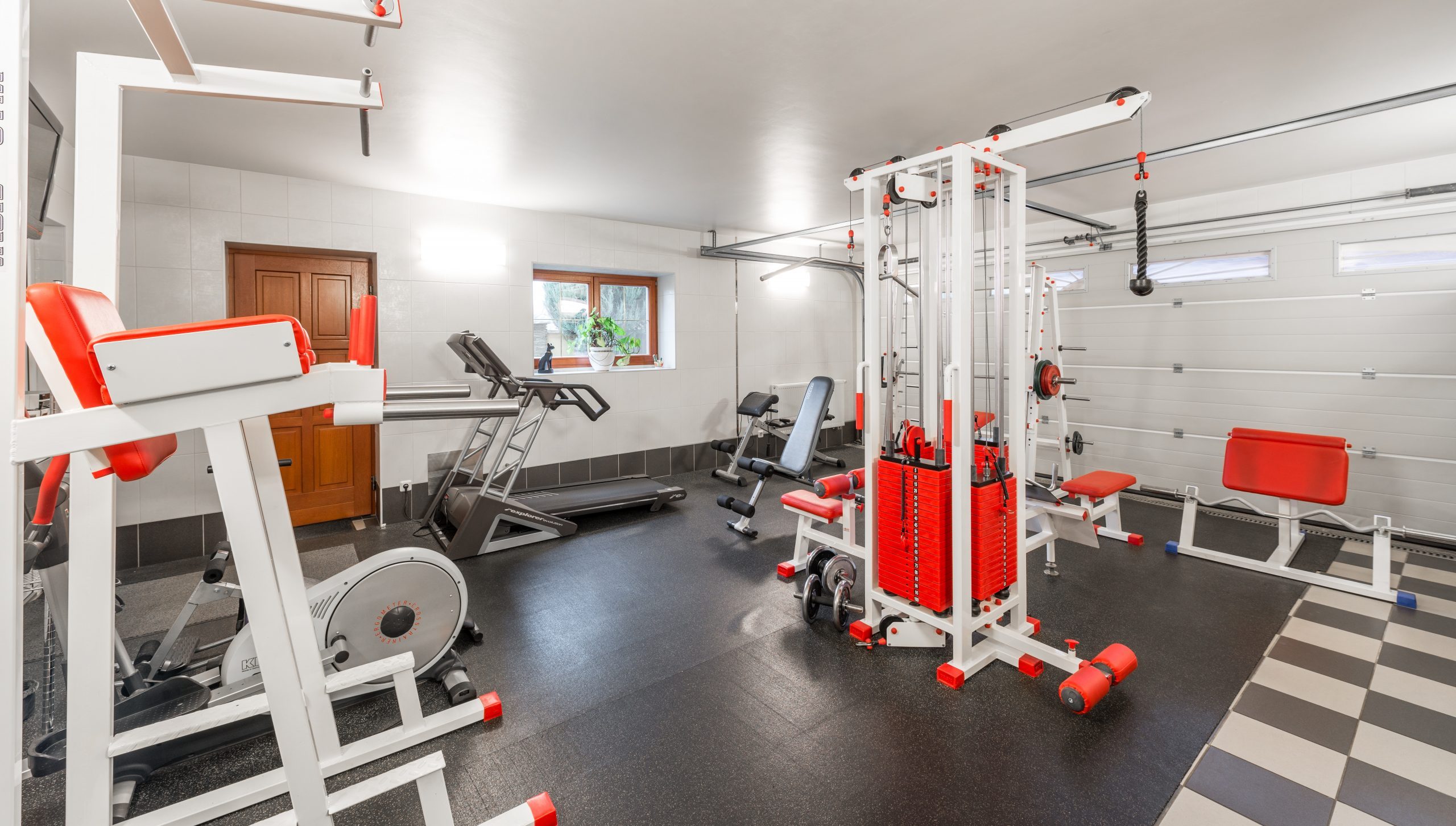
6. Curb Appeal Enhancement
A well-kept garage can greatly affect your place’s curb appeal, making it more welcoming to possible buyers. It also boosts the visual pull of your property, further enhancing its curb appeal.
7. Safety and Security
Certainly, it can act as an additional layer of security for your home. It is a secure space to store your auto and belongings, deterring potential theft or vandalism. A door with an alarm system can further enhance your home’s security measures.
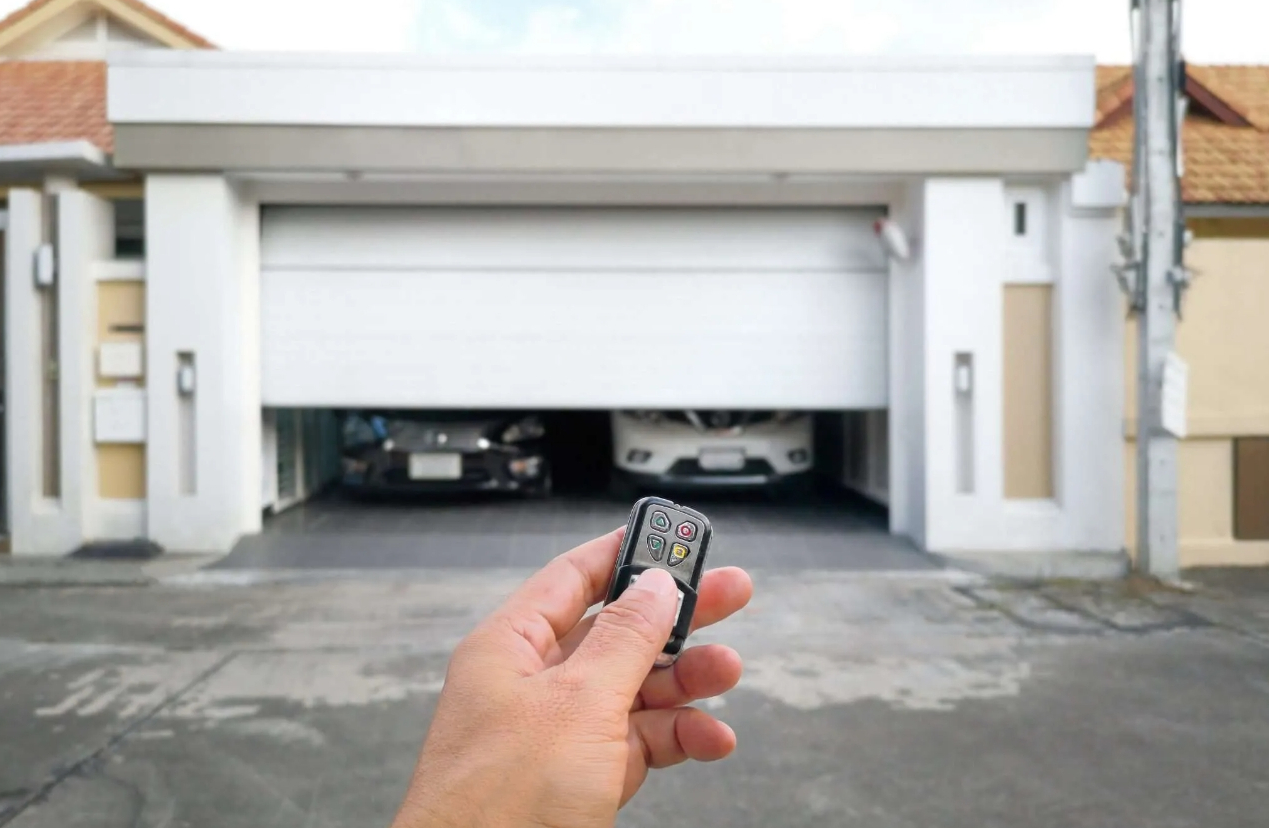
8. Hobby and Creative Outlet
A garage can be transformed into your personal haven for hobbies and creative activities. So whether you’re a woodworker, a musician, or an artist, the spaciousness and organization of a garage be an ideal environment for pursuing your passions.
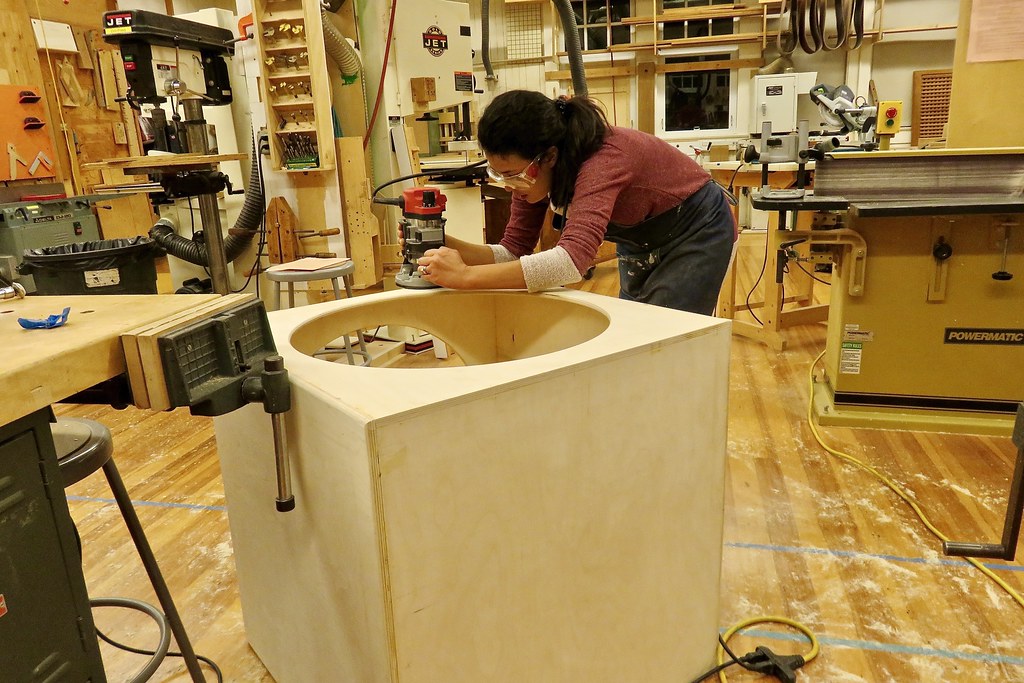
9. Increased Productivity
If you work from home, a garage can serve as an excellent office. The quiet and distraction-free environment it can boost productivity and help you focus on your work.

Check also: 7 Best Garage Cabinet Systems Reviews
What are the disadvantages of having a garage?
While garages are often deemed an essential feature of a home, there are also some potential drawbacks to regard before adding or expanding one. So let’s explore the downsides of having a garage and help you make an informed decision about whether this addition is right for you.
1. Maintenance Concerns: Regular maintenance, such as painting, sealing, and weather stripping, is crucial to keep your garage in good condition. Additionally, garages are more prone to pests and moisture issues, requiring pest control or ventilation measures.
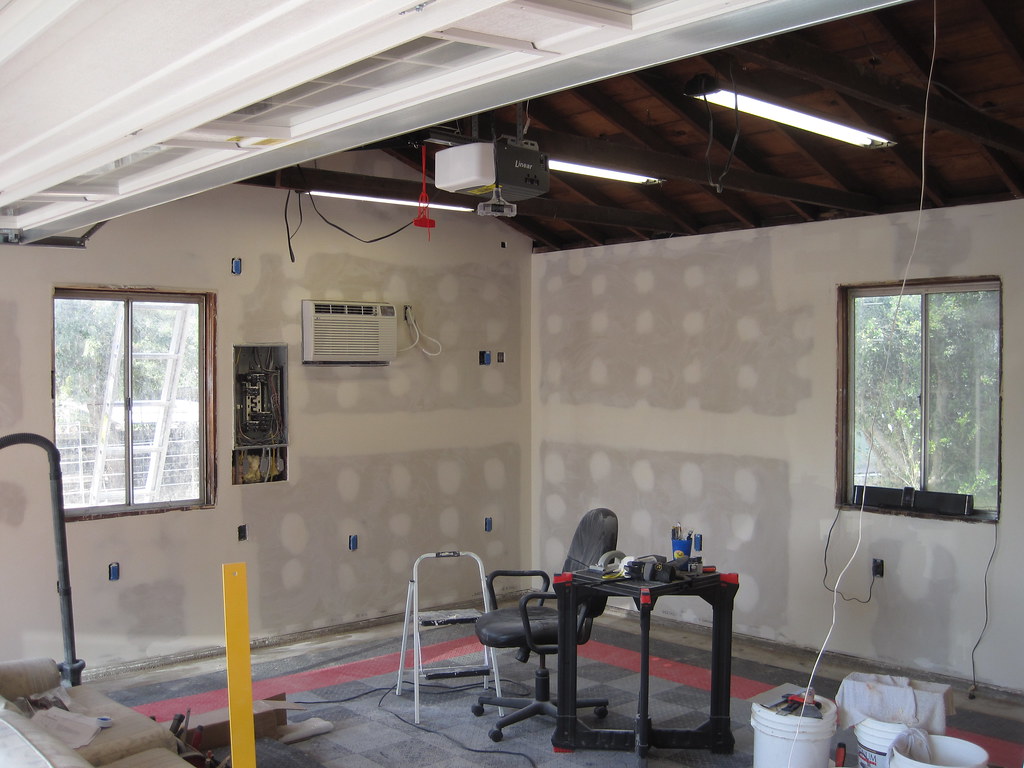
2. Heat Loss and Energy Consumption: Garages are generally not as well-insulated as the rest of the home. Generally, this can lead to heat loss in the winter and heat gain in the summer, rising energy bills if you use your garage for storage, or other activities requiring heat or cooling.
3. Potential for Fire Hazards: Improper storage of flammable materials, inadequate ventilation, and electrical hazards can increase the risk of fire in the garage. Store flammables safely, ensure adequate ventilation, and maintain electrical appliances regularly.

4. Safety Concerns for Children and Pets: Ensure proper supervision of children and pets when they are near or in the garage. Keep poisonous substances and sharp tools out of reach.
5. Potential for Storage Overload: Overcrowded garages can become a safety hazard, hinder easy access to vehicles or equipment, and make it difficult to locate items. Regular decluttering and organization are vital.

6. Noise and Privacy Concerns: Garage activities like working on cars or repairing appliances can generate noise that may disrupt your family or neighbors. Consider noise-damping measures if necessary.
7. Potential for Vandalism and Theft: Garages are more vulnerable to vandalism and theft than other parts of the home. Invest in a secure door and consider security features like a home security system or motion-activated lights.
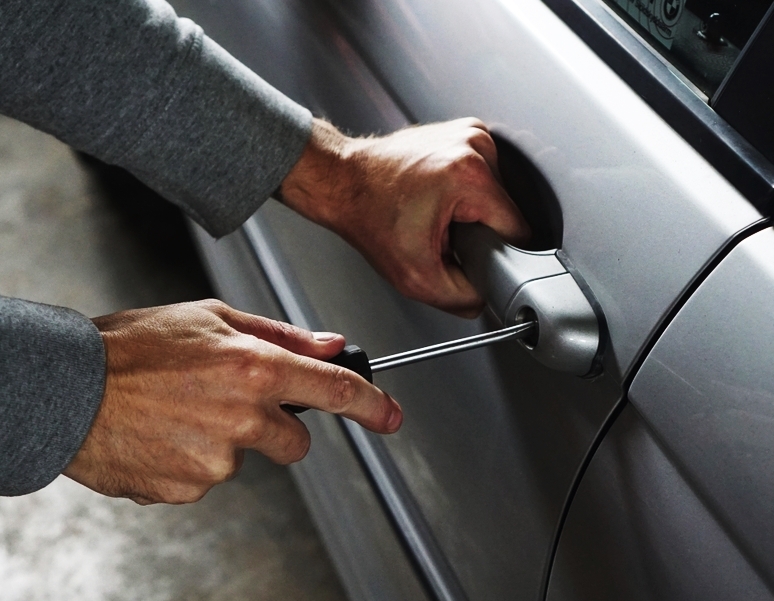
8. Potential for Structural Damage: Neglected maintenance can lead to structural damage in garages, such as cracks in the foundation, bowing walls, or leaks in the roof. Regular inspections are necessary.
You may also check: Garage vs Carport (Pros, Cons, Comparisons)
How much does it cost to build a garage?
Constructing a garage can be a substantial investment that significantly improves your home’s functionality and value. However, before embarking on this project, it’s essential to grasp the associated expenses and factors that contribute to them.
The National Average
The national average cost to build a garage is approximately $24,000. But it can vary depending on diverse aspects and additional expenses. Let’s get into it.
Picking the Right Size
The size will be the primary determinant of its overall cost. Single-car ones typically range from 200 to 250 sq ft and cost around $15K-$25K. Two-car ones, with of 300 to 350 sq ft cost between $20K and $30K. It will get more expensive depending on the size, of course.
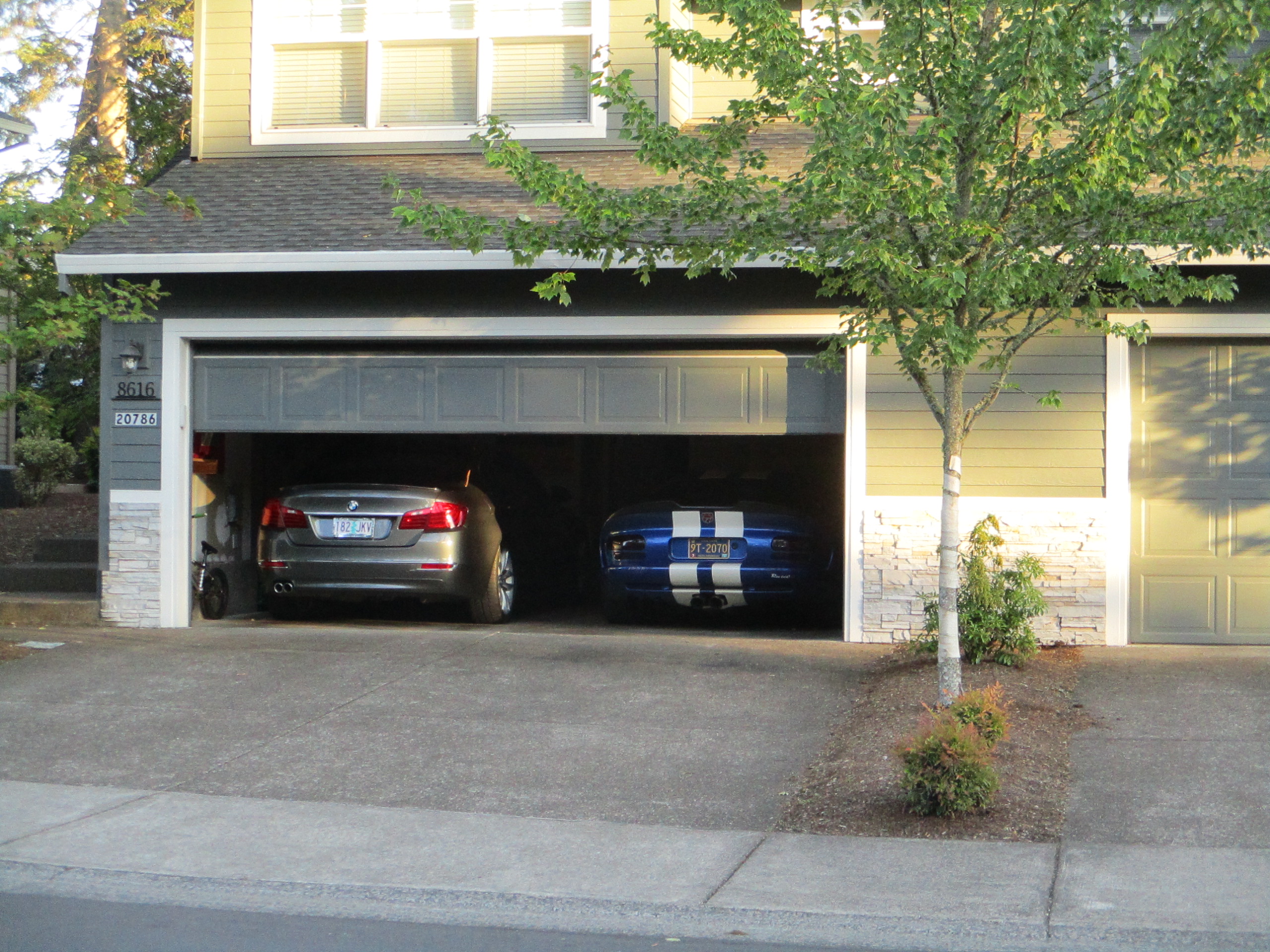
Style Considerations
Garages come in two primary styles: detached and attached. Detached ones are generally less expensive, with an average cost of $20K to $30K for a two-car model. Attached ones, however, can be between $30K and $50K due to the additional complexity of integrating them into the existing structure.
Factors Affecting Cost
Beyond size and style, several other factors can influence construction costs. These are:
- Siding Material: Different siding materials have varying costs, affecting the overall price.
- Foundation: A slab foundation is the most common and least expensive, while pier and beam foundations are slightly more expensive.
- Finishes: Adding perks like electricity, plumbing, lighting, and insulation can increase the cost.
- Location: Labor costs and material prices may vary depending on the geographical location.
- Permits and Fees: Obtaining necessary permits and paying associated fees can add to the overall cost.
- Contractor Fees: The contractor’s experience, expertise, and location can impact the project’s expenses.
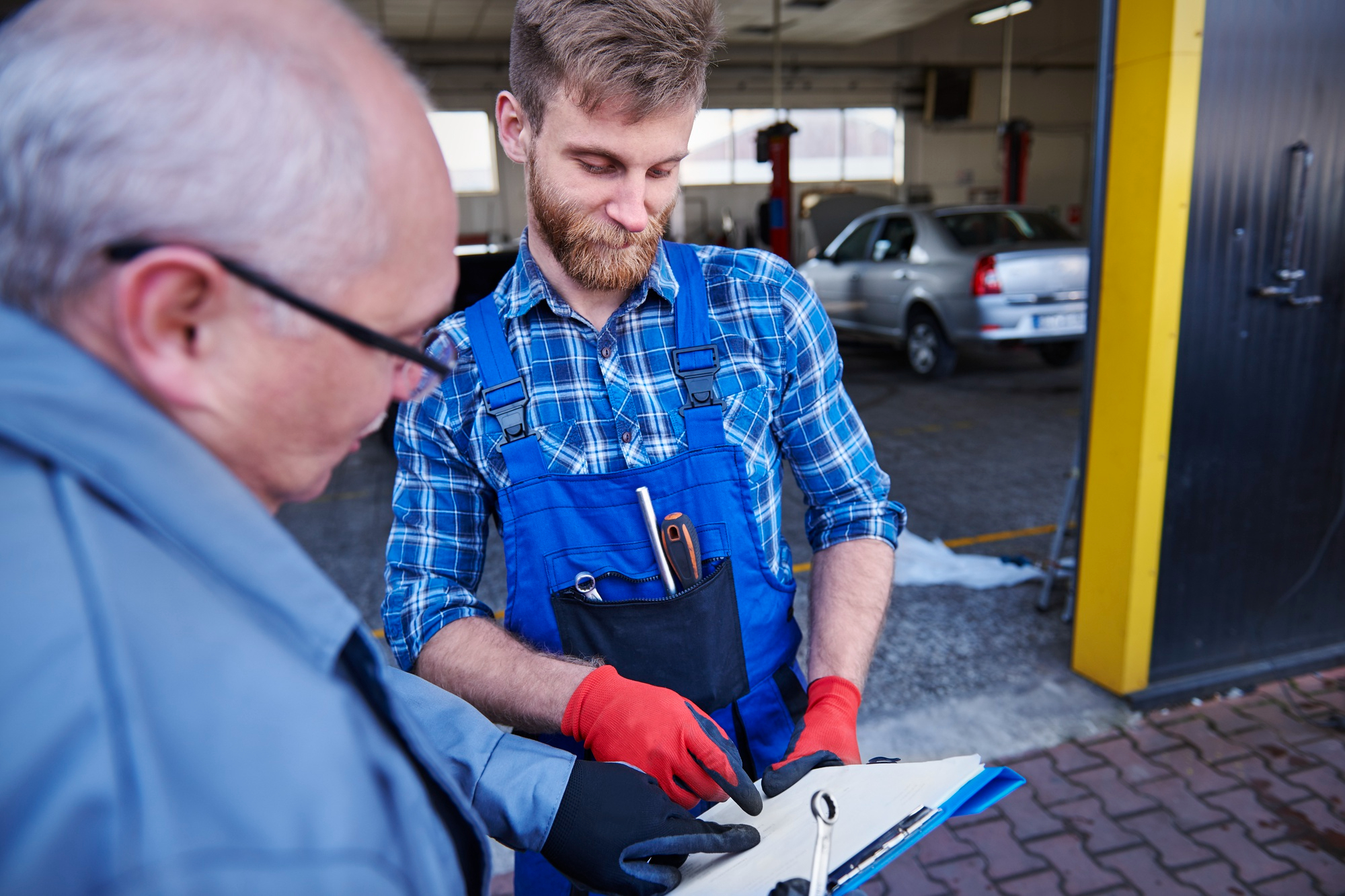
Estimating Your Costs
To accurately estimate the cost of your garage project, you’ll need a detailed plan that includes the size, style, and other costs mentioned above. Obtain estimates from several reputable contractors to get a fair assessment of the project’s total cost.
Is adding a garage a good investment?
According to a recent study, the average ROI on a garage addition is 54.7%. This means that for every $10,000 you invest in your garage, you can expect to recoup $5,470 in the resale value.
Garage additions offer a compelling return on investment (ROI) due to several factors. Firstly, these are highly sought-after features among homebuyers, with ample storage space and parking, particularly in urban settings with limited parking options.
Secondly, these additions can boost the worth of your property by up to 10%. This significant increase stems from their ability to raise the appeal and expand the functional living area. The amount of money you get back from investing in a garage addition depends on several things. Bigger ones usually make you more than smaller ones. Garages in popular neighborhoods also make you more than those in less popular ones.
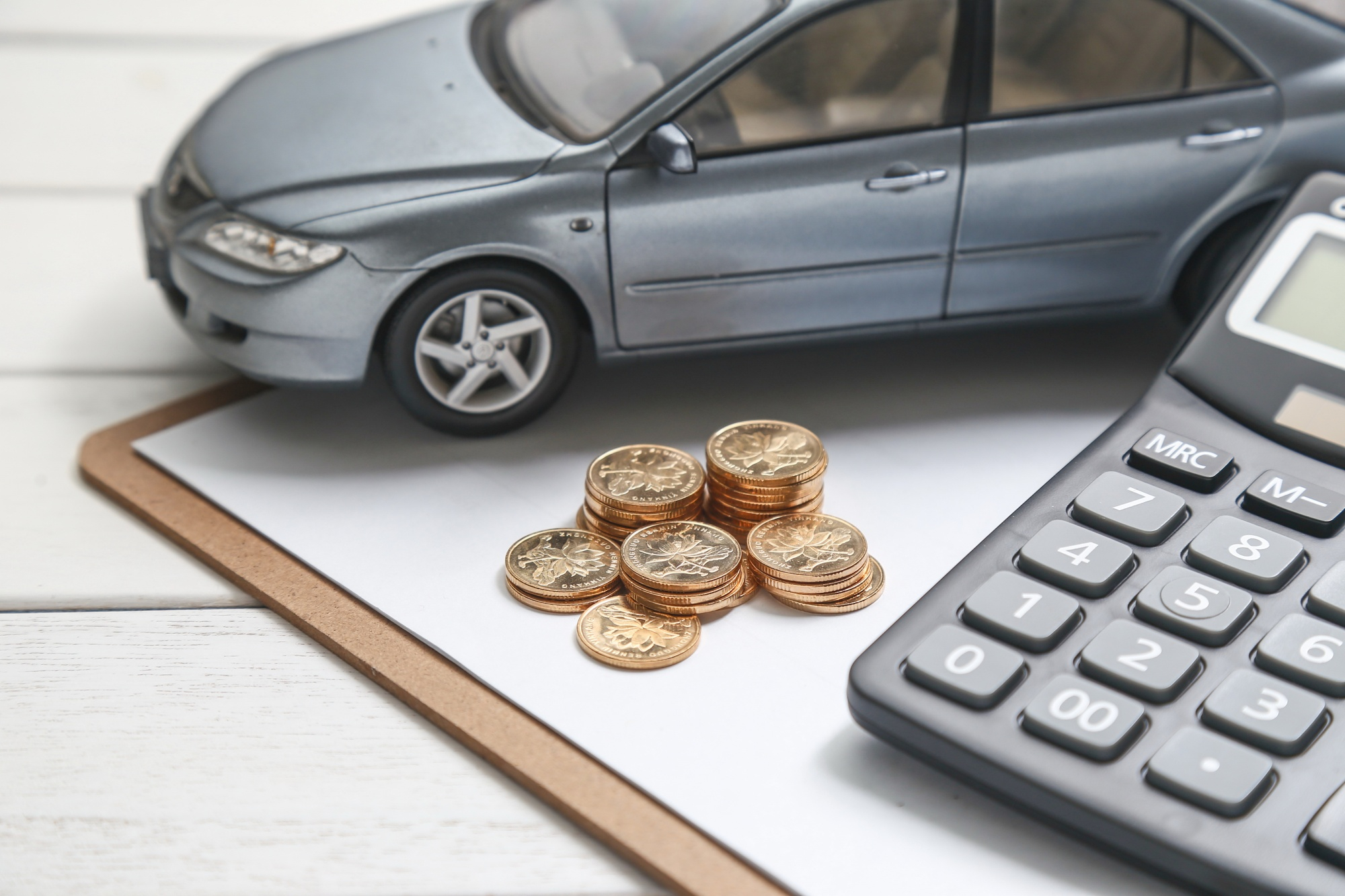
Give it a read: 21 Great Garage Makeover Ideas
How much value does a garage add to a house?
A garage can add between $12K and $33K to your home’s value. So for every $10K you spend, you could get back up to $8K when you sell your home. It’s a necessity for so many people.
A survey found that 85% of homebuyers wanted garage storage as a feature. This highlights the significance of having a garage, especially in today’s market where buyers want houses with ample storage space.
Improving Your Garage for Added Value
Even if you already have a garage, there are things you can do to improve its value and desirability to potential buyers. Here are a few suggestions:
- Garage Door Replacement: A new door can make a significant impact on the buyers. Consider upgrading it before selling.
- Organization and Storage: Keep it systemized and free of clutter. Install shelves, cabinets, and other storage options to maximize the space.
- Weatherization: Weatherize your space to improve its energy efficiency and protect your belongings from the elements. This includes sealing any cracks or gaps in the walls, ceiling, and door.
- Security Enhancements: Install security tools like a security system, motion-activated lights, and a deadbolt lock. This can make your home more appealing to safety-conscious buyers.
